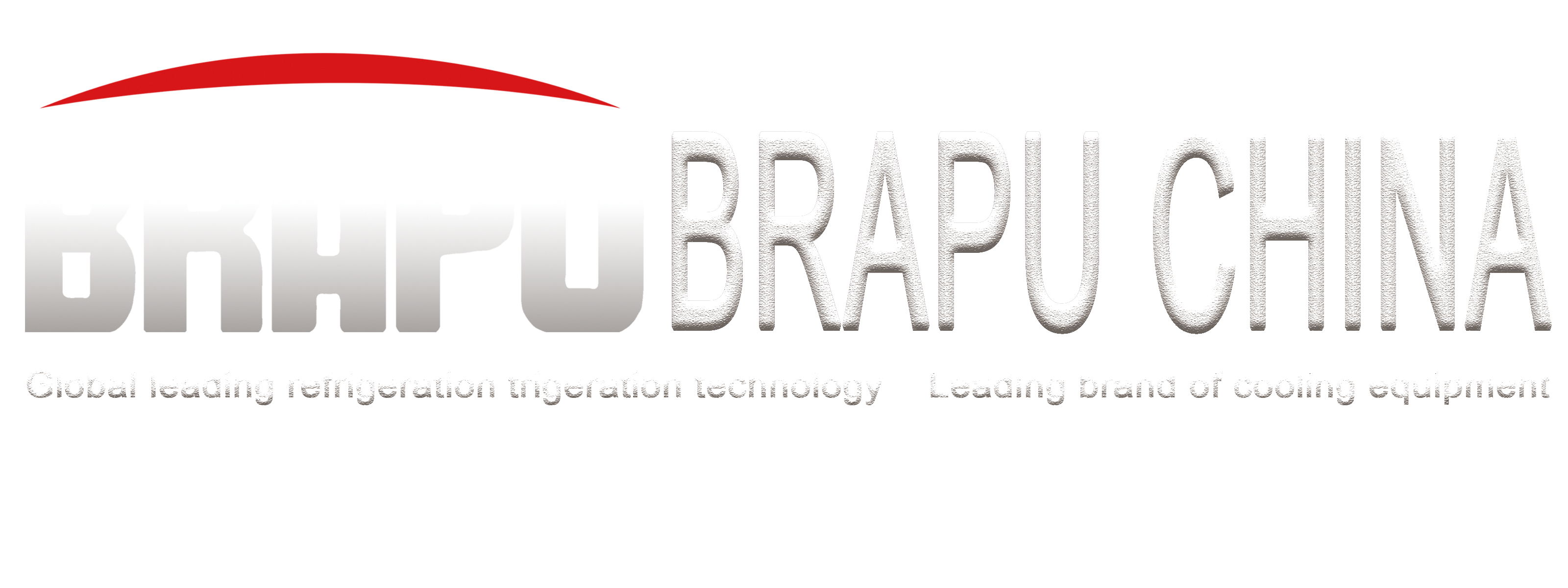
1、 Antifreeze measures for occasions where winter is basically not used
If the closed cooling tower does not need to operate in winter, the spray water and internal circulating water must be drained during shutdown. It is recommended to use compressed air for forced evacuation of internal circulating water.
2、 Frost protection issues in some operating scenarios during certain time periods
The anti freezing of a closed cooling tower consists of two parts: a spray water system and an internal circulating water system (softened water). The antifreeze problem of the spray water system is usually solved by adding an electric heater in the water storage pan, which is usually turned on when the spray water is below 5 ℃ and stopped above 8 ℃. The temperature probe transmits the signal to the control cabinet, automatically controlling the start and stop of the electric heater. The power selection of the electric heater is determined based on the circulating water volume and external temperature. The anti freezing of the internal circulating water system can be achieved by adding ethylene glycol solution or adding electric heating equipment. The freezing point temperature of ethylene glycol solution is required to be selected below the local minimum temperature. For larger cooling system scenarios, it can be considered to dig a water tank to inject spray water into it, which can save power consumption due to electric heating operation. Medications can also be added to the water tank to improve the water quality of the spray water.
3、 Antifreeze issues in situations that operate year-round
If a sealed cooling tower that operates year-round is equipped with an electric control system, it may cause changes in the number of cooling towers due to changes in the load of the main system. Therefore, it is also necessary to consider the issue of antifreeze. Unused equipment can be emptied before winter to prevent freezing.

